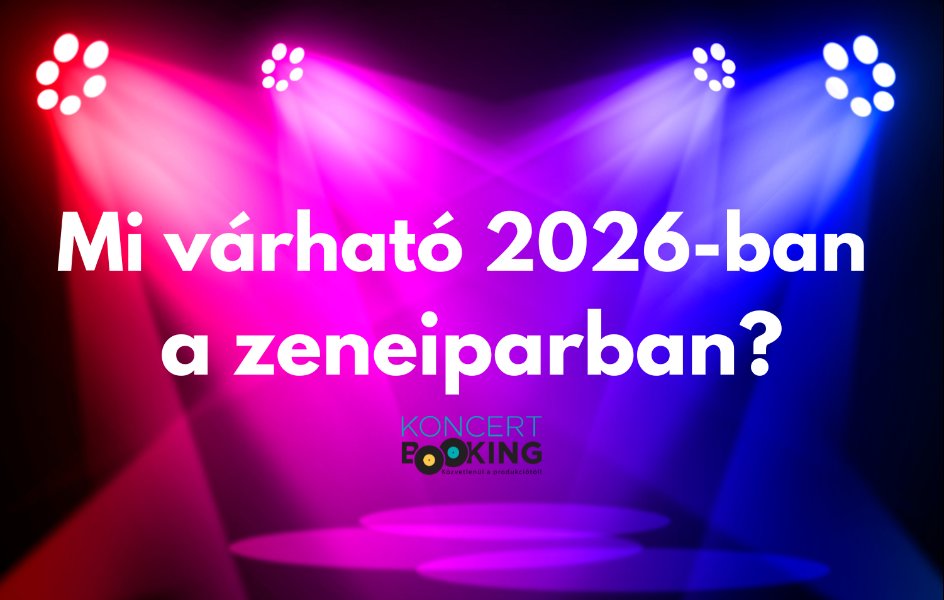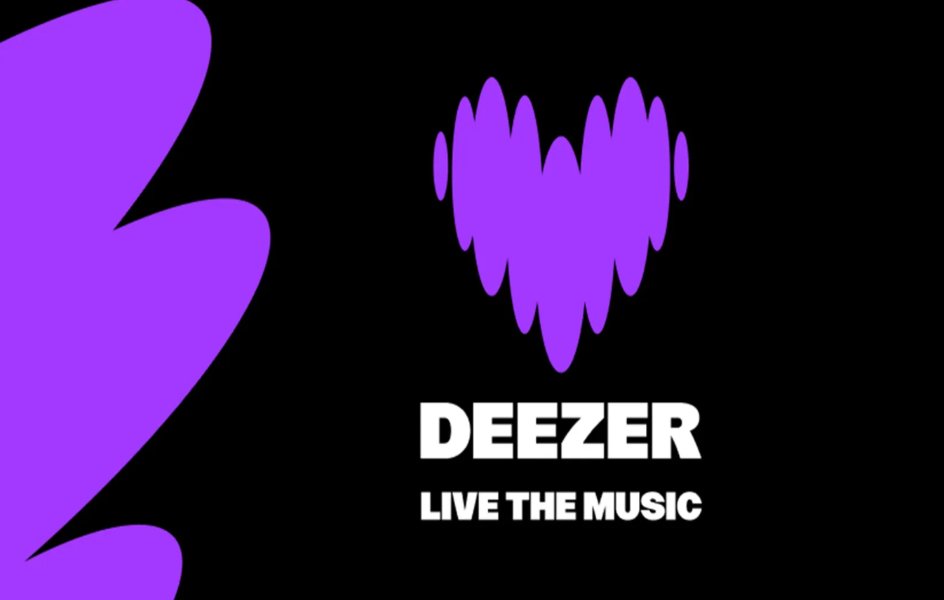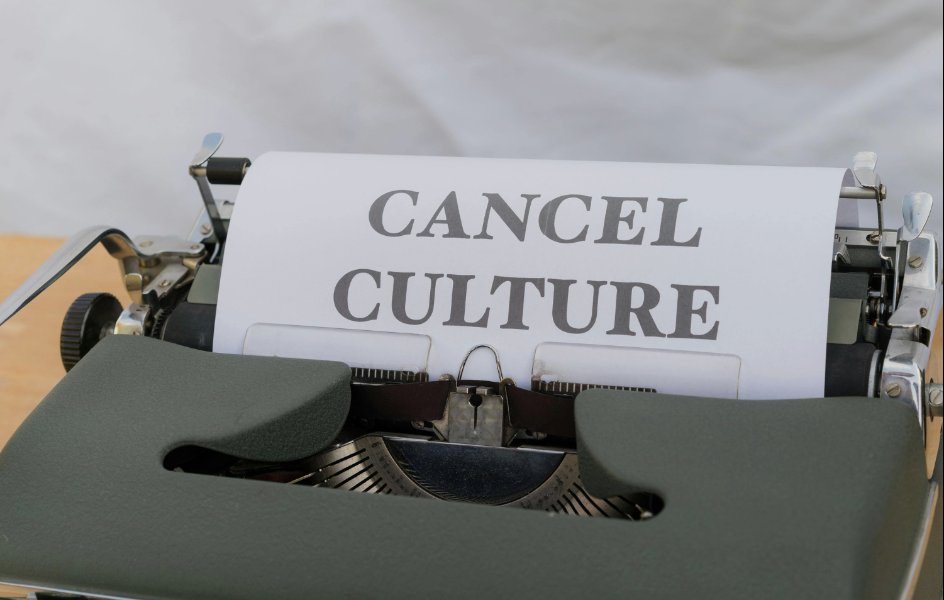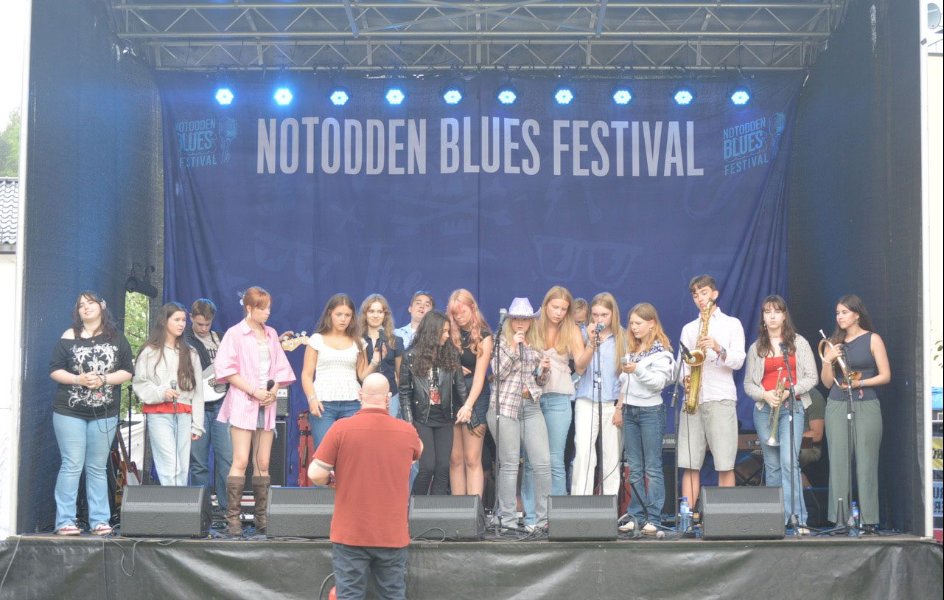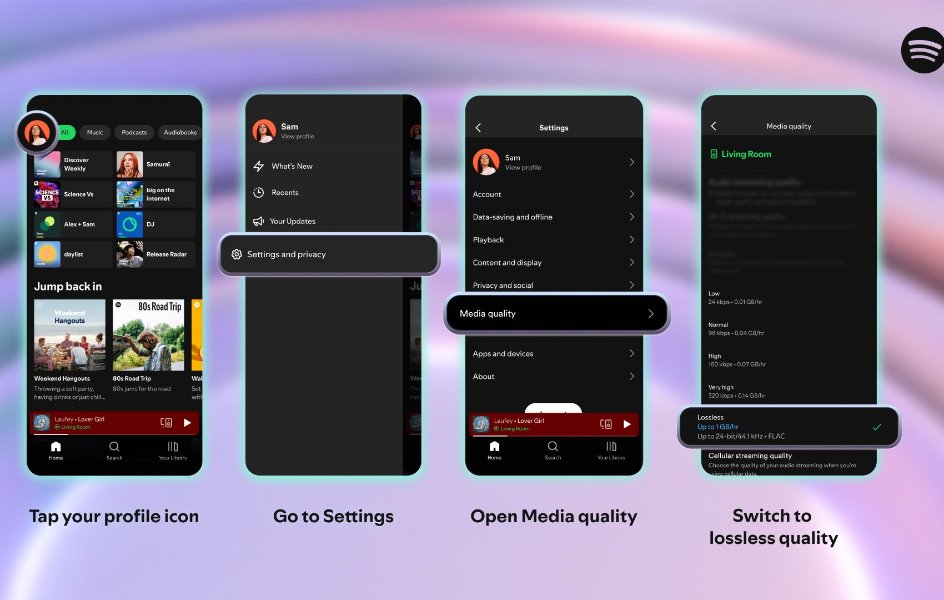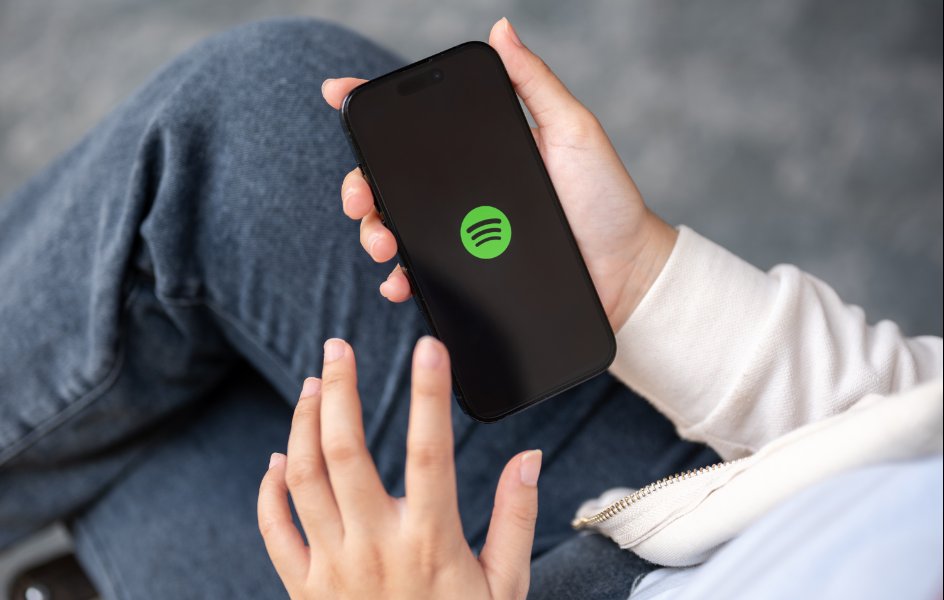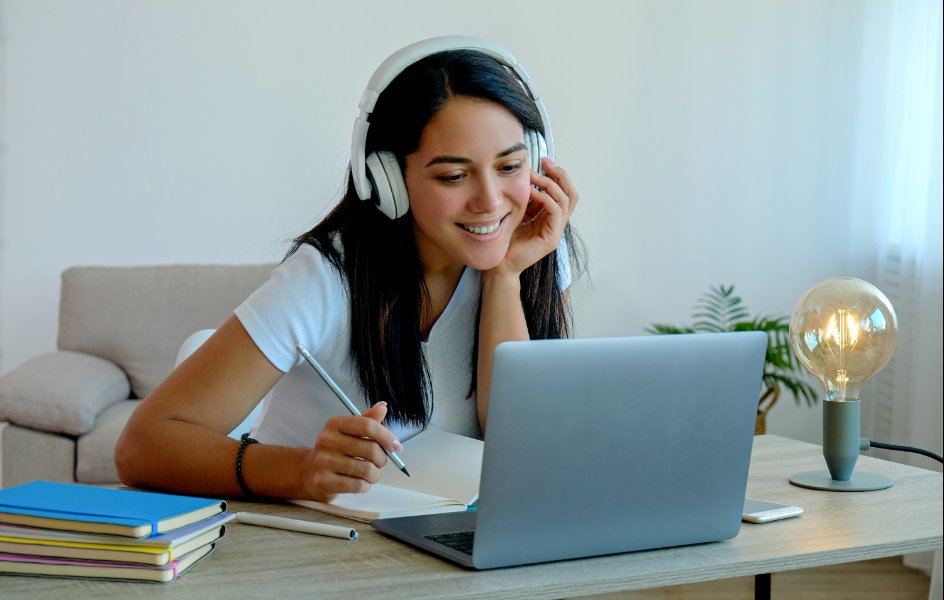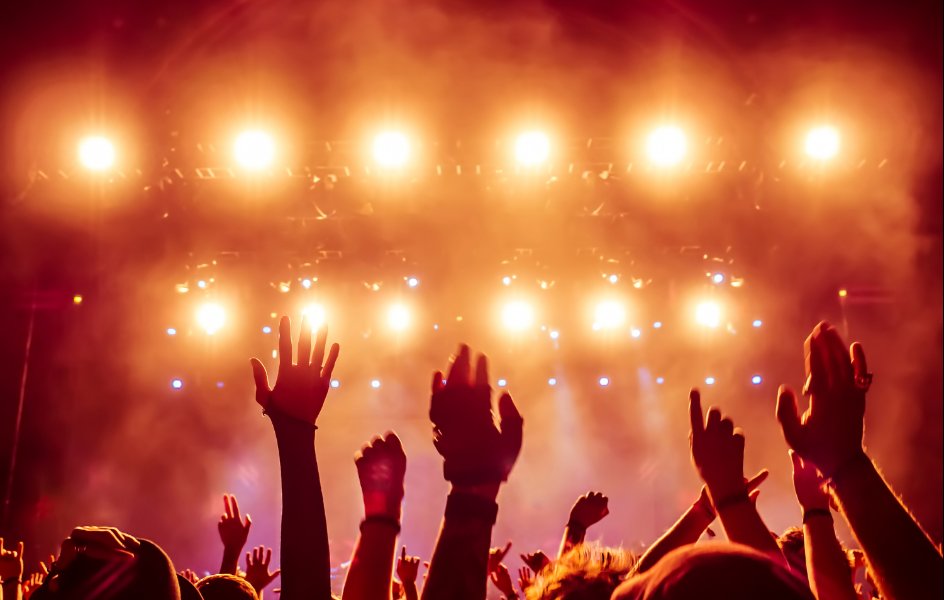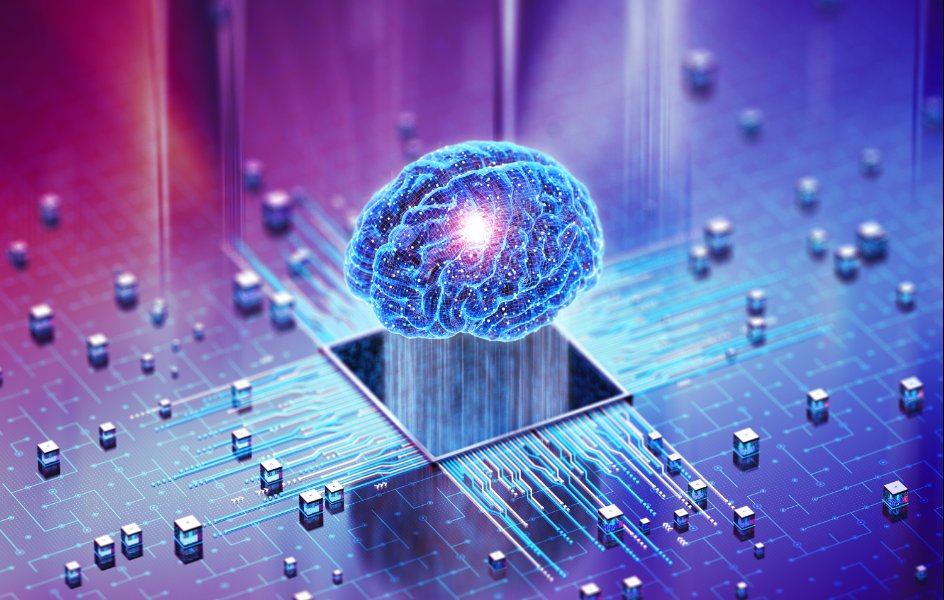„Only the most adaptable will keep up” – interview with Dakota Pulse
From childhood melodies by the sea to producing genre-fluid tracks in his Valencian studio, Ruymán Martín - aka Dakota Pulse - has carved out a space where classical training meets digital experimentation. In this exclusive interview, the Spanish producer talks about the moment music became more than a passion, his approach to artist collaboration, and why he still prefers the texture of guitar strings to typed prompts - even in the age of AI.

How did you first get into music, and what made you choose it as your career path? Was there a moment when you knew music would become more than just a passion?
It started very early. I remember walking along the beach with my mother and already having melodies in my head. I was 8 years old. At that time, I had just begun taking piano lessons with the goal of preparing for an audition to enter a local music conservatory. I think my true awakening came when I realized that no other art form suited me as well as music. As a child, I wanted to be a painter, a poet, a novelist, and a composer… but music was the only field in which I truly stood out. My teachers noticed I had a good ear and a certain delicacy in interpretation. In a way, I feel it was music that chose me.
How do you usually start a track – from a melody, a mood, a beat, or a conversation with the artist/client?
My process is quite mechanical at the moment, although there is always room for imagination to take over unexpectedly. Unfortunately, it’s been a long time since I’ve started from my own mood, as I did when composing for myself. Occasionally, the mood of the song aligns with my own, but when that happens, it’s purely coincidental. These days, my main goal is to capture what each artist wants to express, so I try to immerse myself in the emotional atmosphere they need to convey.
Although I always begin with a conversation to understand the artist’s concerns and communicative intentions, my daily studio routine starts with “guidelines”, which are essentially percussion and percussive linking effects. On that foundation, and with a rhythm that’s more dynamic than a simple metronome, I build melodies and shape the energy based on the lyrics, the voice, or the structure of reference songs, if needed.
How does your academic background shape your approach as a producer?
My academic background is extremely dense, though largely theoretical. My degree in musicology, which was more analytical than artistic, taught me to structure and organize melodies, sections, phrasing… to understand forms and formats. I’m very grateful for that—it has had a significant impact on the skills I bring to my work today. Interestingly, during my years in the conservatory, I was too young to compose with proper formal logic, so while I may have had a fair degree of creativity, I lacked mastery due to the chaos of it all.
With the rise of AI and digital tools in music, how do you see the role of the human touch evolving in production and composition?
This topic could easily fill an entire conversation, but I’ll try to summarize my thoughts. I believe we must respect what AI is achieving. Today, tools like ACE Studio, Suno, and Eleven Labs are accomplishing things we couldn’t have imagined just months ago. ACE Studio, for example, is a powerful tool for generating artificial human voices, trained in vocal technique to sound ideal. You can sing a melody, convert it into MIDI notes, and transfer it to a perfect male or female voice, then build rich harmonies and a solid vocal production. Suno can create a remix in one minute from any track you provide, in any genre you request - and its sound quality continues to improve. Eleven Labs Sound Effects is an AI engine that generates any sound you can imagine using just a text prompt.
If that weren’t enough, with ChatGPT, you can now create a fictional character for a music video, define its aesthetic and features, convert it into frames with Sora, and generate an intricate video sequence with custom scenery, props, and camera movements. By combining these sequences, you can produce an entire professional video clip for free.
This rapid development is both fascinating and unsettling. It’s happening so fast, and humans aren’t naturally equipped to adapt at such speed.
Personally, I believe humans are - and will always be - the most sophisticated machine ever created (which is somewhat sad, as it may mean we’ll always be alone in that regard). But AI implementation will change many aspects of music, and only the most adaptable will keep up. As for me, I wonder: would I want to rely on prompt-based creation to speed up studio work and reduce costs, like other local studios might? I’ve always been stubborn about working on what I love most. I don’t enjoy typing prompts - I enjoy picking up a guitar or bass and feeling the texture of the strings under my fingers, or the resistance of the piano keys beneath my hands. I’m still reflecting on how I’ll navigate this shift in the future.
You've produced everything from viral rappers to cultural festivals and TV shows. How do you maintain authenticity when you're constantly adapting to different contexts and audiences?
In my process, I always ask artists to send several musical references that reflect their taste. One way I maintain authenticity is by blending those references to enrich the track and give it flavor. I also like to add my personal touch - melodies or arpeggios I often use, which serve as my "signature." In fact, many times the lyrics and melody artists send me don’t fully match their references, so the composition requires adaptation, often leading to a completely new and interesting result.
Which collabs are your fave ones?
I really enjoy working with artists in urban genres, especially those who have access to music festivals or are starting to gain local or regional recognition. These artists are close to perfection in a sense. They still have their own artistic voice, as they haven’t yet signed with major labels, but they’re also quite skilled, and their growing exposure is beneficial for both them and me. The fact that they perform at festivals shows their talent stands out, and writing for them is incredibly rewarding. I also appreciate the opportunity to grow together.
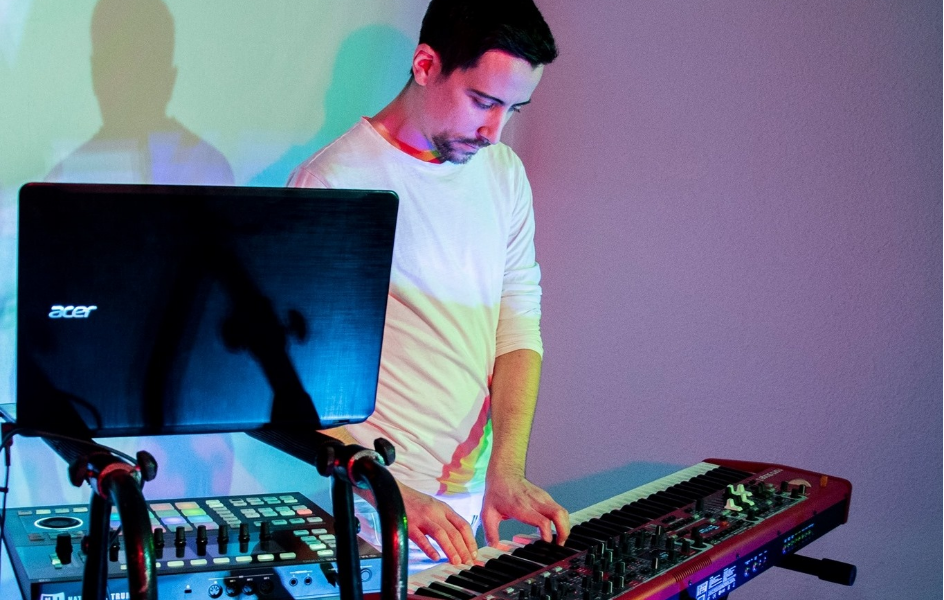
You’ve worked with both established artists and newcomers. What do you think are the key qualities that make an artist stand out in a saturated music market?
Not copying - definitely. Many artists are overly fixated on their musical idols, leading them to imitate them too closely, and they’re quickly overshadowed. I always try to encourage artists to find their own identity, but there are always some who insist on doing things their way - and often, that leads to failure.
The ones who end up breaking through at festivals and high-profile events are usually the eccentrics - those who have something truly original to say.
In a fragmented and saturated market, the best strategy is to stand out - and if you can do it naturally, even better. Having that uniqueness stem from genuine creativity is a real advantage today (especially with the arrival of AI, which will inevitably intensify the saturation).
I love the Spanish vibes, and Valencia has a rich musical culture indeed. How has living and working there influenced your sound and your network as a musician?
Valencia is a wonderful city, full of artistic talent. In terms of music, we have Berklee, a prestigious international music academy. And the brass bands and orchestras we hear during the Fallas festivities are remarkably skilled at pop arrangements and musical interpretation. I’ve had the chance to perform in salsa, merengue, pop, rock, and singer-songwriter bands - it’s been amazing. These days, I focus more on studio work, though I used to be much more active six or seven years ago when many artists invited me to play in their bands. The musical community in Valencia is very well connected, and getting involved can lead to exciting opportunities. In my case, I stepped away from that lifestyle because I started to feel worn out.
Being a live musician is exciting but demanding. Since then, I’ve shifted my focus online, allowing me to work from my studio. That said, I miss playing live, and I’d love to return to it someday. I dream of performing jazz, classical music, and pop rock. I’m a pianist by training, but when it comes to pop rock, I’d really like to play electric guitar.
Your musical range spans from urban rhythms to acoustic compositions. How do you approach genre fluidity when producing such diverse styles?
Since I was 17, I’ve been preparing myself to compose in any genre. Back then, I used a program called Guitar Pro. Although it’s mainly for guitar tablature, I used it to compose full albums in rock, rap, heavy metal, reggae, classical music… I never wanted to specialize in just one genre - I think I’d get bored quickly. That’s why I’m still able to work across genres quite fluidly.
Some genres are more complex - like regional Mexican music, which involves trumpet parts. Although I have a trumpet in my studio, I’m not very skilled with it yet, so I often rely on samples or realistic sound libraries. Other genres, like rock or punk, are easier for me since I’m comfortable with electric guitar and bass.
What do you think about the future of live music?
When it comes to AI and robotics, I believe we’ll eventually see robots performing live alongside human musicians. The shows could be spectacular - ranging from fully robotic bands to hybrid groups of humans and machines, with robotic or humanoid appearances. I think this could really enhance live performances. In fact, live music already involves humans and machines, though current stage machines don’t have arms or legs - yet. That’s going to change everything.
We’ll also see improvements in stage design - smart automation for theater productions, Dolby surround sound with immersive 3D experiences, all managed in real time by AI.
I really enjoy your blog posts about the future of music. How do you choose your topics, and which ones would you recommend reading first?
Thank you so much. I truly enjoy writing about my thoughts and ideas.
Sometimes the topics arise spontaneously while I’m thinking. Other times, they come from reading music forums in Spanish and English, which are full of interesting ideas. I also follow influencers who do something similar in video format - they ask questions on specific topics and explore them. Their content often sparks ideas I want to develop further.
There are two types of blog content I think might be helpful: One focuses on what we’ve been discussing: the future of music. Some posts explore how genres might merge in the coming years or decades to create new styles. They’re speculative, but fun.
One post you might enjoy is What Will the Music of the Future Be Like? 2121: A Space Odyssey. The other type is more educational - advice for production, recording, and music learning. These could be useful for singers and musicians looking to shape their careers. For example: What to Do to Launch Your Music Career Today or How to Find Work as a Music Composer.
When can we see/hear you next?
Right now, I’m most active on my website, particularly the blog and the “Works” section, where I post weekly about my compositions. These days, I’m finalizing mixing and mastering work for Spanish pop and rock artists. I’ve also been exploring a genre called “nightcore,” a fascinating blend of synth noise and bright vocals, and I’ll be releasing more work in that style very soon!
Hasonló cikkek
